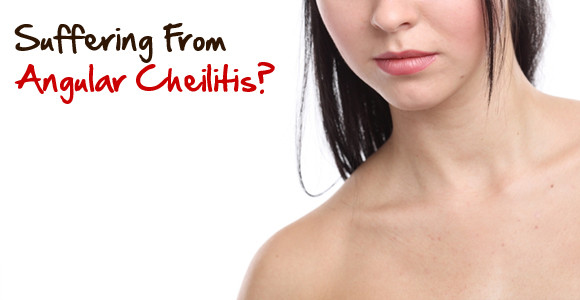
Angular Cheilitis is also known under the name or cheilosis or angular stomatitis. This condition affects the skin around the lips leading to painful cracks most often in the corners of the mouth. In severe cases, the cracks can become inflamed, can bleed and sometimes infections are developed inside those cracks, which can make normal and banal actions, like talking or eating, a painful nightmare for the sufferer.
In most cases there is a cumulus of factors which lead to this condition. Probably the most important factor is the presence of moisture inside the mouth’s folds. This moisture favors the accumulation of bacteria which will eventually lead to irritation and even infection. Shallow ulcerations are also very often in severe case, these forming a crust if they are not wiped out from the surface.
Apart from moisture inside the corners of the mouth and in its folds, the bad nutrition is also a factor which can trigger this condition. The lack of iron, zinc and riboflavin as well as a strong immune system that could effectively fight this type of aggression coming from the external world favor the fast development of Angular Cheilitis.
Chapped lips, which are continuously licked can easily transform into an angular Cheilitis, especially if the environment in which the individual lives is a humid or cold one. This is why, in cold weather people are recommended not to lick their lips as they will not bring any relief to the sensations brought by chapped lips, but rather make the condition worse. The salive does not moisturize the skin, but rather increases the risk of infection, as it contains lots of bacteria which can be quite harmful to the already damaged skin. Children and seniors are more prone to develop this condition as they are more sensitive to extreme temperatures and their immune system is not capable of fully coping with the outside threats.
The infection with Candida Albicans (thrush) can further increase the patience sufferance and make the condition even more severe.
Usually, Angular Cheilitis is treated by doctors with antibiotics and with an ointment containing 1% hydrocortisone. Yet, the treatment may last for couple of weeks and even months. In some cases the condition keeps reappearing after a period of time, another treatment being necessary.


Leave a Reply